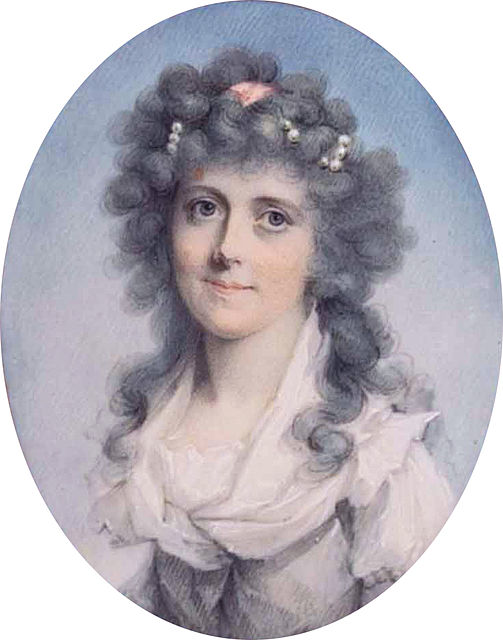Daniel Morgan, my advocate in Saving Grace, was influenced by Sir William Garrow (13th April 1760 – 24th September 1840). Garrow was a barrister, politician and judge who radically reformed the judicial system. Indeed, his reforms ushered in the adversarial court system used in most common law nations today. He introduced the phrase “presumed innocent until proven guilty”, and insisted that defendants’ accusers and their evidence should be thoroughly tested in court.

William Garrow was elected to Parliament in 1805, a phase of his career he did not greatly enjoy. However, while in Parliament he campaigned in favour of more liberal laws and championed legislation that condemned animal cruelty. Later, he spent fifteen years as a judge. He began his career as a prosecutor. On the 14th January 1784, he prosecuted John Henry Aikles for obtaining a bill of exchange under false pretences, a case he won. However, in September 1785 Garrow defended Aikles and secured his release due to ill-health.

In the late 1700s and early 1800s many, often trivial, crimes carried the death penalty therefore William Garrow sought to limit the punishment for his convicted clients. In 1784 two women were arrested for stealing fans worth 15 shillings, a crime that led to the death penalty. Garrow defended the women and convinced the jury to convict them of stealing 4 shillings worth of fans instead, thus reducing their sentences to twelve months hard labour.
During this era the sugar planters of the West Indies held large amounts of power in Parliament. This power allowed them to maintain a monopoly on the marketing of sugar, which in turn led to great profits. These profits were cultivated through the use of slave labour, a practice William Garrow abhored. When presented with the opportunity of managing the sugar planters legal and political business, he replied, “If your committee would give me their whole incomes, and all their estates, I would not be seen as the advocate of practices which I abhor, and a system which I detest.”

William Garrow led an unconventional private life. He had a relationship with Sarah Dore, wife of Arthur Hill, Viscount Fairford. Sarah clearly loved Garrow and despite the social pressures of the time she left the Viscount. Her relationship with Garrow produced two children, David William Garrow, born on the 15th April 1781, and Eliza Sophia Garrow, born on the 18th June 1784. William and Sarah finally married on the 17th March 1793.
Daniel Morgan, a lawyer and Grace’s advocate in Saving Grace, works from an office in Butetown, Cardiff, pictured in the background. This is a lithograph of the West Dock and Dock Chambers, c1890.
It’s wonderful when your imagination and research overlap. In my mind’s eye I saw Daniel Morgan, Grace’s advocate in Saving Grace, as Byronic in appearance. During my research I read that the real-life advocate Daniel is based on was also described as ‘Byronic in his handsomeness’. I think only a romantic would choose to speak up for Grace. In contrast, his rival advocate (in real-life and my book) had a weak chin, an unkempt moustache and he wore a monocle.
Saving Grace starts in Daniel Morgan’s office, pictured here overlooking Cardiff Docks.



